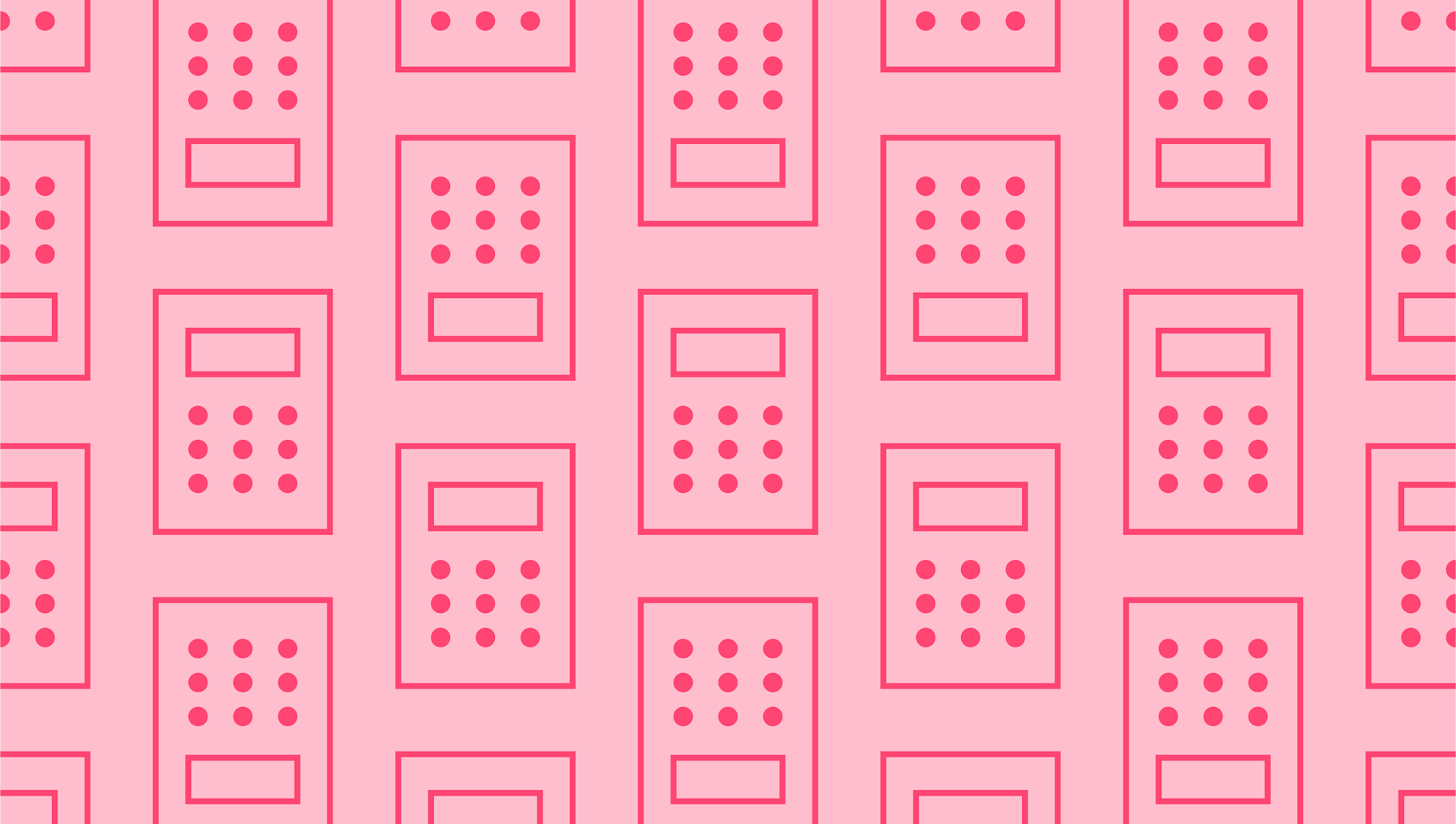
Surplus Definition And Examples
Last editedOct 20212 min read
What is a surplus?
In simple terms, a surplus means the amount of something – be it an asset or a resource – which is over and above the amount that is actually being used. As a term, surplus can be applied across a range of different aspects of running a business, as follows:
Goods – an inventory could reveal that excess products are still sitting in a company’s stores.
Accounts – a surplus would take the form of any income that is left after expenses are paid, also known as net profit.
National – in terms of an entire country, a budget surplus involves the Treasury having tax revenue to spare after all government spending has been completed, something that occurs much less often than a budget deficit.
Surplus definition
When applied to profits or income a surplus may seem to be a clearly desirable outcome, but it would be a mistake to believe that a surplus is always a good thing. If a manufacturer overestimates the demand for a product it expects to face in the future then it will ultimately be left with a surplus of that product in the form of unsold items. These unsold items alone could be sufficient to drive the accounts for a specific period into the red. In certain sectors – such as food and drink – the surplus could involve products that perish when they are kept for too long, meaning that any loss generated by that surplus becomes permanent.
Types of surplus
When dealing with the concept of an economic surplus, there are two types to examine, and these are:
A consumer surplus happens when the price for a product dips below the level a customer would have expected to pay for it, so the customer knows they are getting a good deal. This commonly happens, for example, when the price of oil per barrel drops and the price consumers pay for petrol shifts to reflect the drop. This results in a consumer surplus because if a consumer was previously spending £1.50 per litre and needs 50 litres to fill their tank, that would cost them £75 for that amount of petrol. If the price drops to £1.25, then the consumer’s full tank of petrol now costs only £62.50. That’s a consumer surplus of £12.50, because that’s how much money they saved as a result.
A producer surplus happens when a producer sells items for a higher price than they expected to achieve. For example, if the sale takes place at an auction then the process can generate a bidding war that results in the item fetching a price much higher than the minimum reserve price. Let’s look at another example. You decide to go away for a weekend break and so you need to book a hotel room. You know that normally a room costs £100 a night. But the price when you check has doubled because there is a festival on that weekend and so demand for rooms has shot up. Now the room will cost you £200 a night. The same effect occurs with airline tickets, for example – canny consumers know to buy well in advance to get the best price.
In general terms, a producer surplus is good for the seller but bad for the buyer, and vice versa.
Why a surplus happens
A surplus happens when the supply and demand of a product slip out of synch, or when a few people are willing to pay more than the vast majority of others for that product. Technically speaking, a product that is sold at a set price that everyone is willing to pay should trade with neither a surplus nor a shortage. In the real world, however, this is extremely rare, as different businesses have their own price thresholds, whether they are buying or selling.
Merchants, for example, will often work to undercut other merchants in order to shift more units of a product. If this drives the demand for the product too high, however, the merchant with the lowest price will run out of units, causing the wider market price to increase, which leads to a producer surplus. If the prices drop but demand doesn’t meet the available supply, then a consumer surplus will be the result.
We Can Help
If you’re interested in finding out more about what a surplus is, then get in touch with our financial experts. Discover how GoCardless can help you with ad hoc payments or recurring payments.

